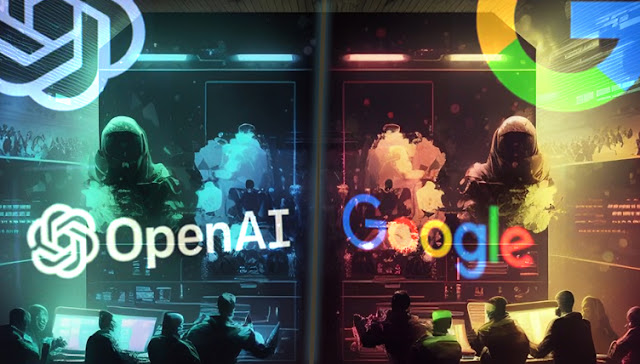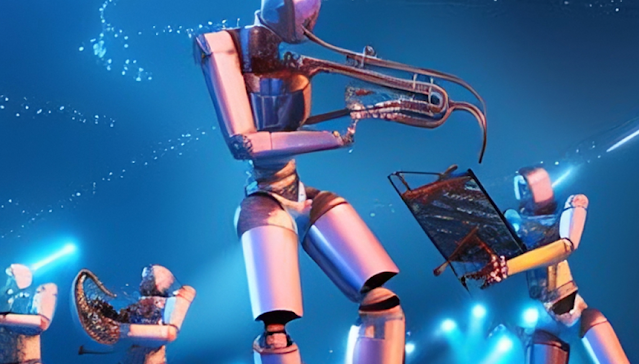Like every week, there has been a torrent of AI news, reflecting the rapid progress and growing implications of this transformative technology. While many updates represent incremental advancements, some developments carry profound future implications, and a few are simply downright bizarre and amusing.
The AI Landscape's Overwhelming Complexity
An infographic from First Mark Capital vividly illustrates the staggering complexity of the current AI landscape. Dubbed the "2024 ML/AI/Data Landscape," the image depicts the sheer number of companies involved in this space, encompassing both established giants and numerous smaller players. This visual representation serves as a stark reminder of just how monumental and widespread the AI revolution has become.
Microsoft and OpenAI's Ambitious Data Center Plans
Unconfirmed reports suggest that Microsoft and OpenAI are planning a $100 billion data center project, which would be a staggering 100 times more costly than some of the largest existing data centers. The proposed facility would house an artificial intelligence supercomputer dubbed "Stargate." If realized, this endeavor could propel OpenAI and Microsoft to an unprecedented lead, making it challenging for other companies or open-source models to catch up.
OpenAI's Synthetic Voice Capabilities
OpenAI has unveiled its ability to generate realistic synthetic voices from a single 15-second audio sample. The quality of these AI-generated voices surpasses even the impressive capabilities of tools like Elevenlabs. However, while showcasing this remarkable feat, OpenAI has refrained from making the technology publicly available due to potential misuse concerns. The company is advocating for measures to protect individuals' voices, educate the public about AI-generated content, and develop techniques to track the origin of audiovisual media.
Advancements in AI Art and Music Generation
Several developments in AI-powered art and music generation have emerged. OpenAI has introduced an inpainting feature for its DALL-E model, allowing users to selectively modify specific areas of generated images. Stability AI has unveiled Stable Audio 2.0, enabling the generation of three-minute songs and audio-to-audio generation based on hummed or instrument sounds. However, the quality of AI-generated music remains a subject of debate, with a group of musicians, including Nicki Minaj and Katy Perry, signing a letter expressing concerns about the irresponsible use of AI in music.
Anthropic's Research and Apple's AI Ambitions
Anthropic researchers have discovered that repeatedly asking harmless questions to large language models can eventually lead them to provide potentially harmful information, a phenomenon they are actively investigating. Meanwhile, Apple appears to be deepening its involvement in AI, revealing the "Realm" language model designed to enhance voice assistants like Siri by improving context understanding and reference resolution.
Ethical Concerns and Regulatory Developments
Ethical and regulatory issues surrounding AI continue to surface. A court in Washington has banned the use of AI-enhanced video evidence, citing concerns about the potential for inaccuracies introduced by upscaling algorithms. Additionally, the company behind the AI-generated George Carlin standup comedy set has agreed to remove all related audio and video content following a settlement with Carlin's estate.
Bizarre and Amusing AI Applications
Among the more unusual AI developments, an autonomous electric scooter called the Ola Solo has been introduced in India, claiming to be the first fully self-driving scooter. In Phoenix, Waymo vehicles are now delivering Uber Eats orders, allowing customers to retrieve their food from self-driving cars. Furthermore, an upcoming season of the Netflix reality show "The Circle" will feature an AI catfish participant, adding an intriguing twist to the dating-focused premise.
As the AI news cycle continues to accelerate, it becomes increasingly evident that we are witnessing a technological revolution of unprecedented scale and impact. Stay tuned for more developments, insights, and discussions as we collectively navigate the challenges and opportunities of this "next wave" of innovation.
-----------
Author: Trevor Kingsley
Tech News CITY // New York Newsroom







